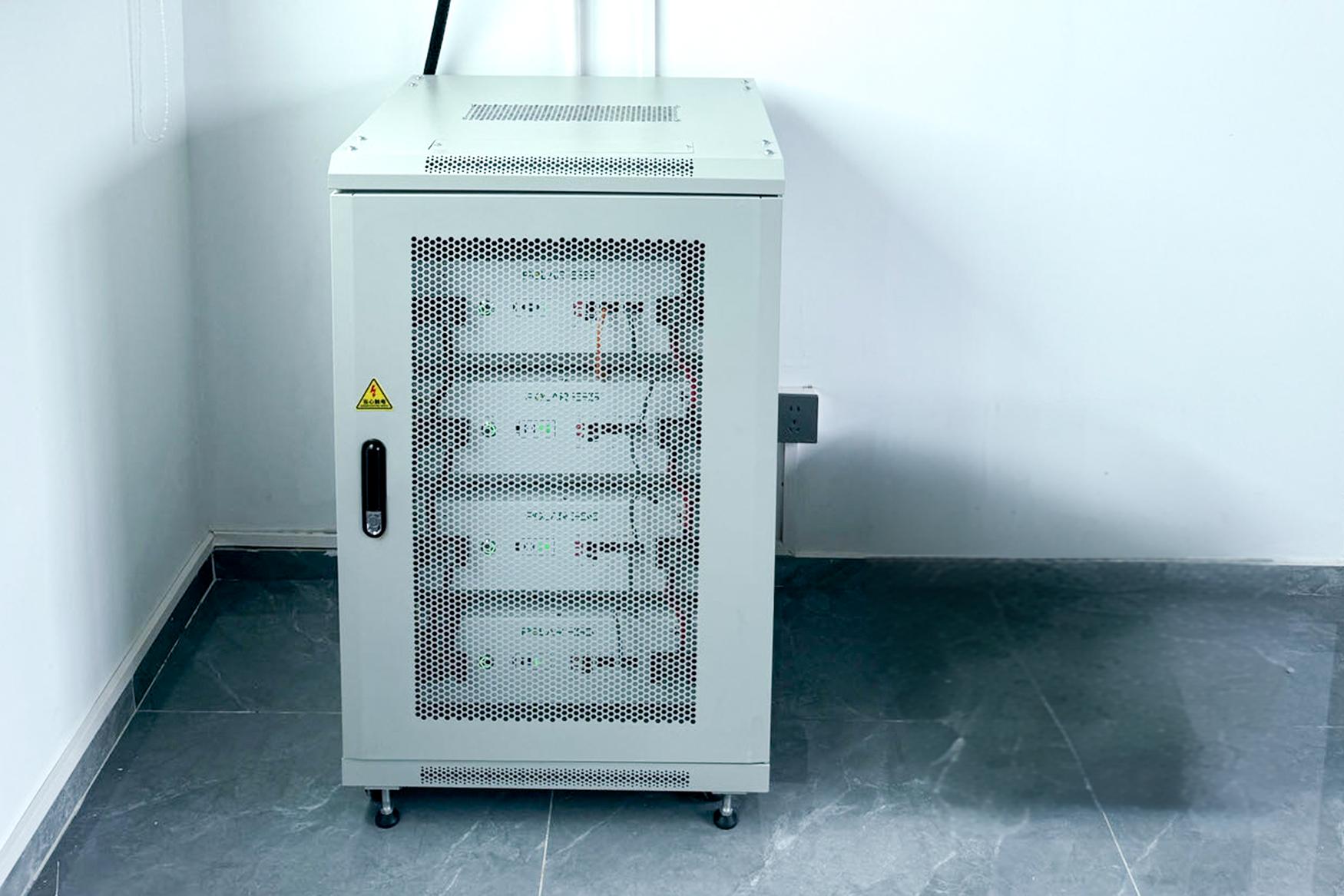A home battery energy storage system is a device that stores electricity generated from renewable sources, such as solar panels or wind turbines, for later use. It allows homeowners to store excess energy during times of low demand and utilize it when the demand is high or when there is no generation.
The Functionality of Home Battery Energy Storage System
A home battery energy storage system consists of three main components: the batteries, an inverter, and a monitoring system. The batteries store the excess electricity generated by renewable sources. The inverter converts this stored DC (direct current) power into AC (alternating current) power that can be used to power household appliances. The monitoring system provides real-time information on the status and performance of the system.
When there is surplus electricity being generated but not immediately consumed, it flows into the batteries for storage instead of being fed back into the grid. During periods of high demand or when there is no generation from renewable sources, the stored electricity can be discharged from the batteries to meet household needs.
Polar ESS: A Leading Provider
Polar ESS is one of the leading providers of home battery energy storage systems in South Dakota. Their advanced technology ensures efficient charging and discharging processes while maximizing overall system performance.
Polar ESS offers a range of options for homeowners based on their specific requirements and budget constraints. Their systems are designed to seamlessly integrate with existing solar panel installations or other renewable energy sources.
Benefits and Features of Home Battery Storage Systems
home battery storage systems provide several benefits to homeowners:
- Energy Independence: By storing excess electricity, homeowners reduce their reliance on traditional utility companies and have access to power even during grid outages.
- Cost Savings: By utilizing stored energy during peak demand periods, homeowners can reduce their electricity bills and take advantage of time-of-use pricing.
- Environmental Impact: Home battery storage systems promote the use of renewable energy sources, reducing reliance on fossil fuels and lowering carbon emissions.
In addition to these benefits, home battery storage systems often come with features such as remote monitoring and control through smartphone apps, enabling homeowners to track their energy usage and system performance in real-time.
Conclusion

Home battery energy storage systems play a crucial role in maximizing the utilization of renewable energy sources. They provide homeowners with greater control over their electricity consumption while promoting sustainability. With companies like Polar ESS leading the way in South Dakota, these systems are becoming increasingly accessible and beneficial for households across the state.
